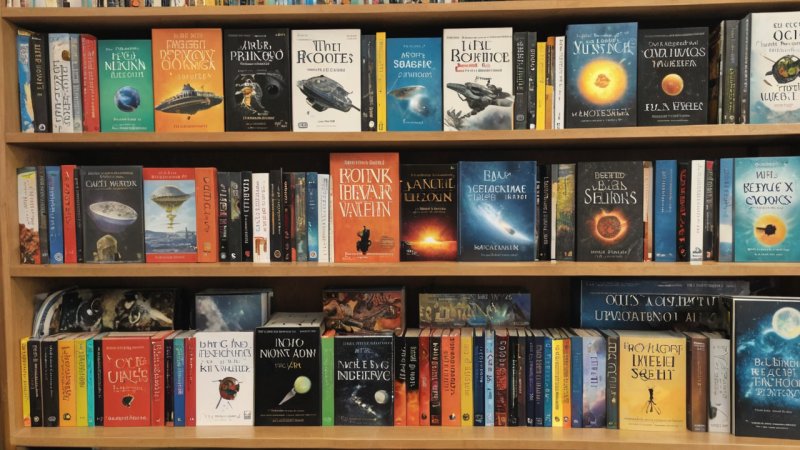In an age dominated by rapid advancements in science and technology, non-fiction literature serves as a critical lens through which we can understand the implications of these changes on our society and ourselves. This article aims to compare two outstanding non-fiction books in this realm: 'Sapiens: A Brief History of Humankind' by Yuval Noah Harari and 'The Innovators: How a Group of Hackers, Geniuses, and Geeks Created the Digital Revolution' by Walter Isaacson. Both works offer unique insights into human history and technological evolution, yet they do so from very different perspectives. Let's delve into their themes, writing styles, and overall impact on the reader.
Thematic Focus
'Sapiens' is a sweeping narrative that explores the history of humankind from the emergence of Homo sapiens to the present day, emphasizing the cognitive, agricultural, and scientific revolutions that have shaped our species. Harari's work is philosophical, posing deep questions about what it means to be human and how our shared myths have influenced societal structures.
In contrast, 'The Innovators' takes a more focused approach, tracing the development of the digital age through the stories of the individuals who played crucial roles in creating the technologies we often take for granted today. Isaacson highlights the collaborative nature of innovation, emphasizing teamwork and the importance of diverse thinkers coming together to create groundbreaking technologies.
Writing Style
Harari's writing in 'Sapiens' is accessible yet profound, filled with thought-provoking insights and a narrative style that pulls the reader into the grand sweep of history. He employs anecdotes and metaphors to make complex ideas digestible, appealing to a broad audience.
On the other hand, Isaacson's style in 'The Innovators' is more biographical and journalistic. He meticulously details individual stories, providing a rich context for each innovator's contributions. While this style is engaging, some readers may find it less cohesive compared to Harari's overarching narrative.
Pros and Cons
Sapiens: Pros and Cons
- Pros: Offers a comprehensive overview of human history, engages readers with philosophical questions, and encourages critical thinking.
- Cons: Some readers may find the broad scope overwhelming or feel that certain historical nuances are overlooked.
The Innovators: Pros and Cons
- Pros: Provides a detailed look at individual contributions to technology, emphasizes collaboration, and highlights lesser-known figures in the tech world.
- Cons: The focus on individual stories can lead to a fragmented narrative, making it difficult to see the bigger picture of technological evolution.
Impact on the Reader
'Sapiens' leaves readers with a sense of wonder about the human experience and our place in the world. It challenges them to reflect on their own beliefs and the societal constructs that shape their lives. The book has been influential in academic circles and among general readers alike, sparking discussions about the future of humanity.
Conversely, 'The Innovators' inspires a sense of appreciation for the collaborative spirit of innovation. Readers come away with a greater understanding of the technology that surrounds them and the diverse minds that brought it to life. Isaacson's work encourages readers to recognize the importance of teamwork and creativity in driving progress.
Conclusion
Both 'Sapiens: A Brief History of Humankind' and 'The Innovators: How a Group of Hackers, Geniuses, and Geeks Created the Digital Revolution' are exceptional non-fiction reads that expand our understanding of science and technology. While Harari's book is ideal for those looking for a broad overview of human history intertwined with philosophical inquiry, Isaacson's work is perfect for readers interested in the intricate stories behind technological advancements and the importance of collaboration. Ultimately, the choice between these two books depends on what you seek: a comprehensive exploration of humanity's journey or a detailed account of the innovators who shaped the digital age.






